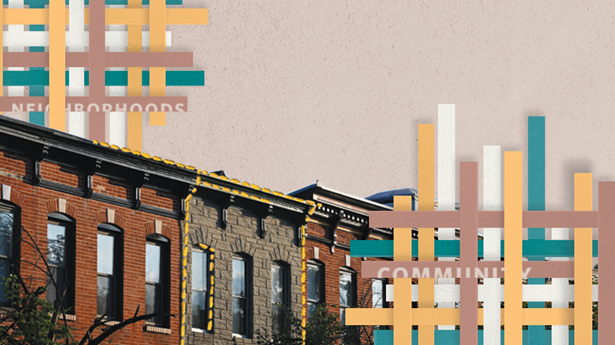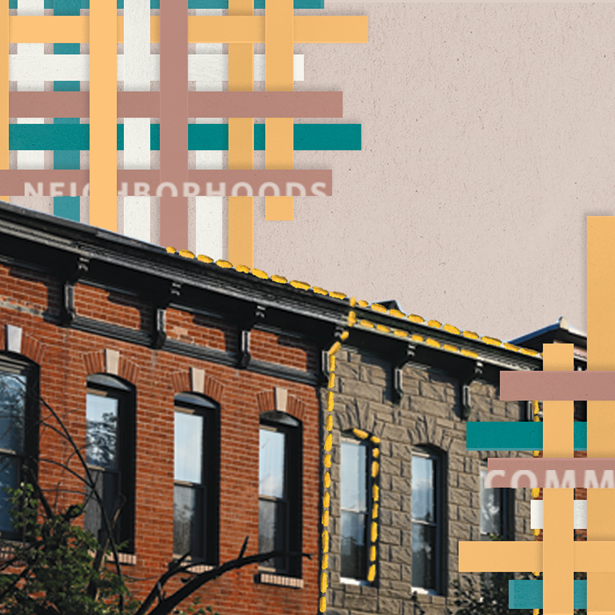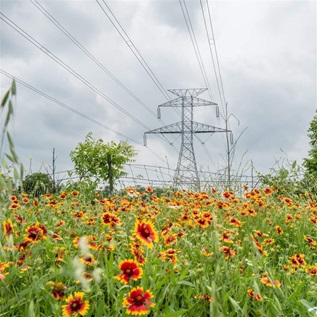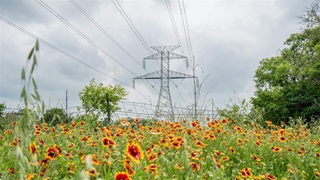Restoring Community: Valuing Dignity
Episode 125
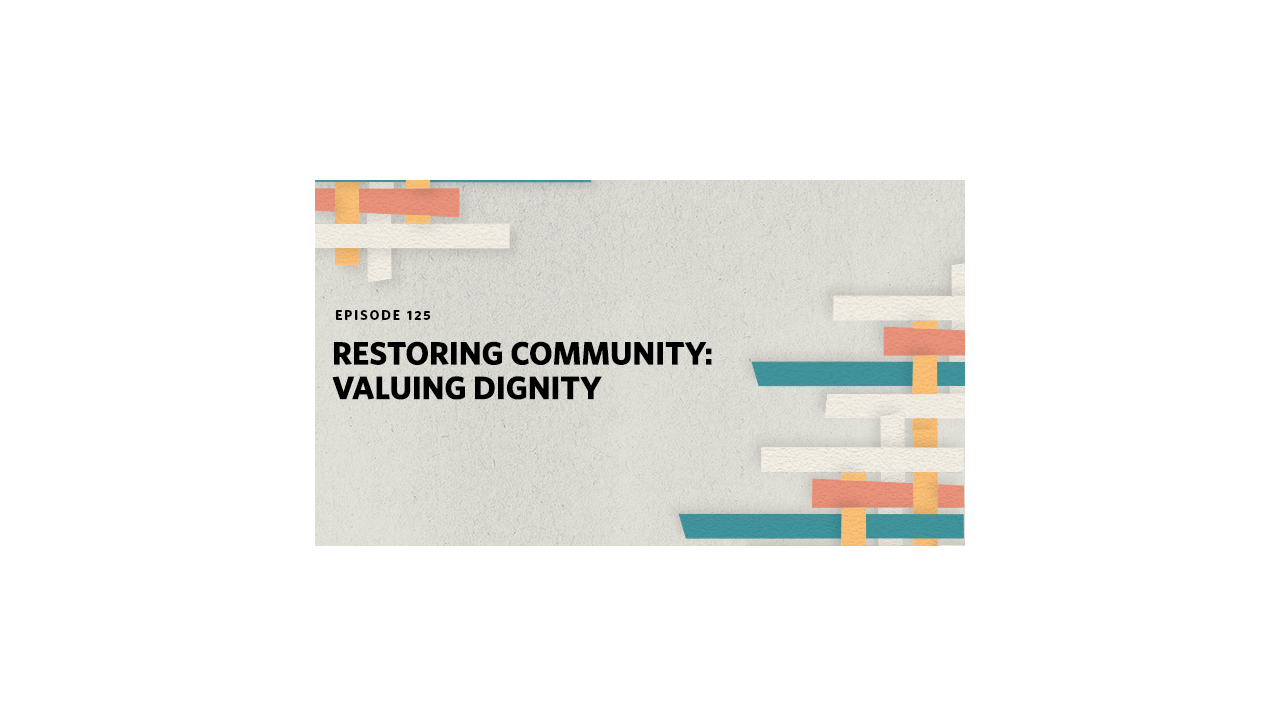
Story: In this episode, part of our season on “Restoring Community,” we travel to Philadelphia, Pew’s hometown, to learn how Project HOME has created a supportive gathering place for people experiencing homelessness. Although Philadelphia has the highest poverty rate of any big city in America, it has the fewest number of people experiencing street homelessness. We hear from Project HOME’s co-founder Sister Mary Scullion, residents and staff of the nonprofit, and Kristin Romens, who leads the Pew Fund for Health and Human Services, about how Project HOME builds a sense of community as it seeks to end homelessness.
Related resources:
Pew Fund for Health and Human Services
Philadelphia 2022: The State of the City
Key Findings About Americans’ Declining Trust in Government and Each Other
